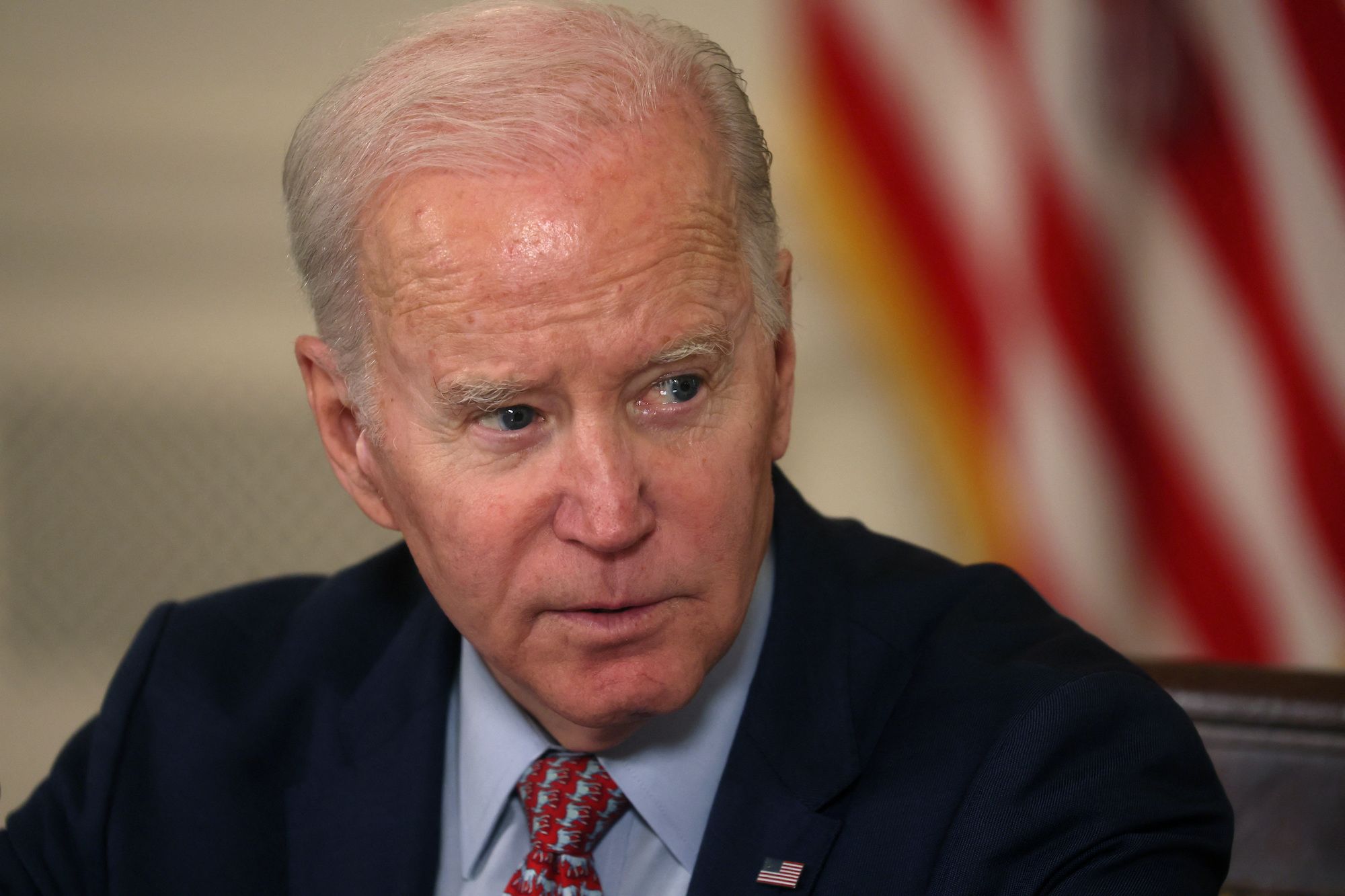Pacific leaders are watching closely the debate in the United States Congress over foreign aid, hoping the Republicans will approve President Joe Biden’s economic assistance package to the island nations.
In September last year, Biden hosted more than a dozen Pacific leaders and envoys at the White House, and announced the Pacific Partnership Strategy – worth US$800 million– to help the U.S compete with China’s growing influence in the region.
While Democrats and Republicans have agreed to work together to counter China’s campaign for global influence, Republicans want to cut US foreign aid which the experts fear will impact Biden’s Pacific strategy.
The Pacific Islands Forum said Biden had promised funding on climate change, fishing disputes and maritime security for the island nations.
Much of the funding – US$600m – is for renewing the Pacific Tuna Treaty, tripling America’s contribution to US$60m annually for the next 10 years.
Launched in 1988, the tuna treaty promotes the economic development of fisheries which the U.S is responsible for, the islands’ defence and exclusive economic zones (EEZs).
It comes after the U.S announced its new Pacific strategy aimed to increase engagement in the region.
With New Zealand and Australia, parties to the treaty included the Cook Islands, Federated States of Micronesia, Fiji, Kiribati, Marshall Islands, Nauru, Niue, Palau, Papua New Guinea, Samoa, Solomon Islands, Tonga, Tuvalu and Vanuatu.
The Pacific Forum Fisheries Agency(FFA) led the negotiations on the tuna treaty but has yet to comment on Biden’s pledged funding.
New Zealand and Australia are responsible for around 55 percent of aid flowing into the region, but the experts say that contribution needs to be seen in perspective.
Alexander Gillespie, Professor of Law at the University of Waikato, said Wellington and Canberra have not done enough to promote democracy, anti-corruption initiatives and a free press in the Pacific.
“Neither spends anywhere near the 0.7 percent of gross national income on development assistance recommended by the United Nations.”
Kenneth Kuper, of the Pacific Centre for Island Security in Guam, said while the Pacific did not want to get caught up in the middle of the U.S-China competition, the island nations still need economic assistance.
“Biden’s budget also proposes more than US$7 billion over 20 years to extend the Compact of Free Association deals with Micronesia, the Marshall Islands and Palau.
“Those pacts, set to expire this year, grant the U.S military basing rights in exchange for economic support and security,” Kuper said.
He said if the COFA funding is not secured, “the rest of the Pacific will start to wonder whether this Pacific Partnership Strategy was just a temporary phase”.
White House officials have acknowledged that U.S neglect of the Pacific region, since the end of the Cold War, had left an opening for Beijing to exert its influence.
In April last year, China signed a security deal with the Solomons, which was heavily criticised by the U.S and its allies.
China has also been accused of delaying the availability of assistance to certain countries that recognise Taiwan, which Beijing claims is one of its own.
In September 2019, Kiribati and the Solomons both severed diplomatic ties with Taiwan and switched to China.
Biden’s strategy document also included expanding diplomatic missions from six to nine across the Pacific and re-establishing a USAID mission in Fiji.
In February this year, the U.S reopened its embassy in the Solomons after 30 years.
Australia-based Lowy Institute said from 2006 to 2017, Beijing has provided about US$1.5 billion in aid to the Pacific through grants and loans.
Lowy said Biden’s delay could be due to the Republicans’ retaking control of the House of Representatives in the November midterms.
Republicans could continue to keep Biden’s agenda at a standstill, and this “could impact funding for the tuna treaty”
SOURCE: STUFF NZ/PACNEWS














